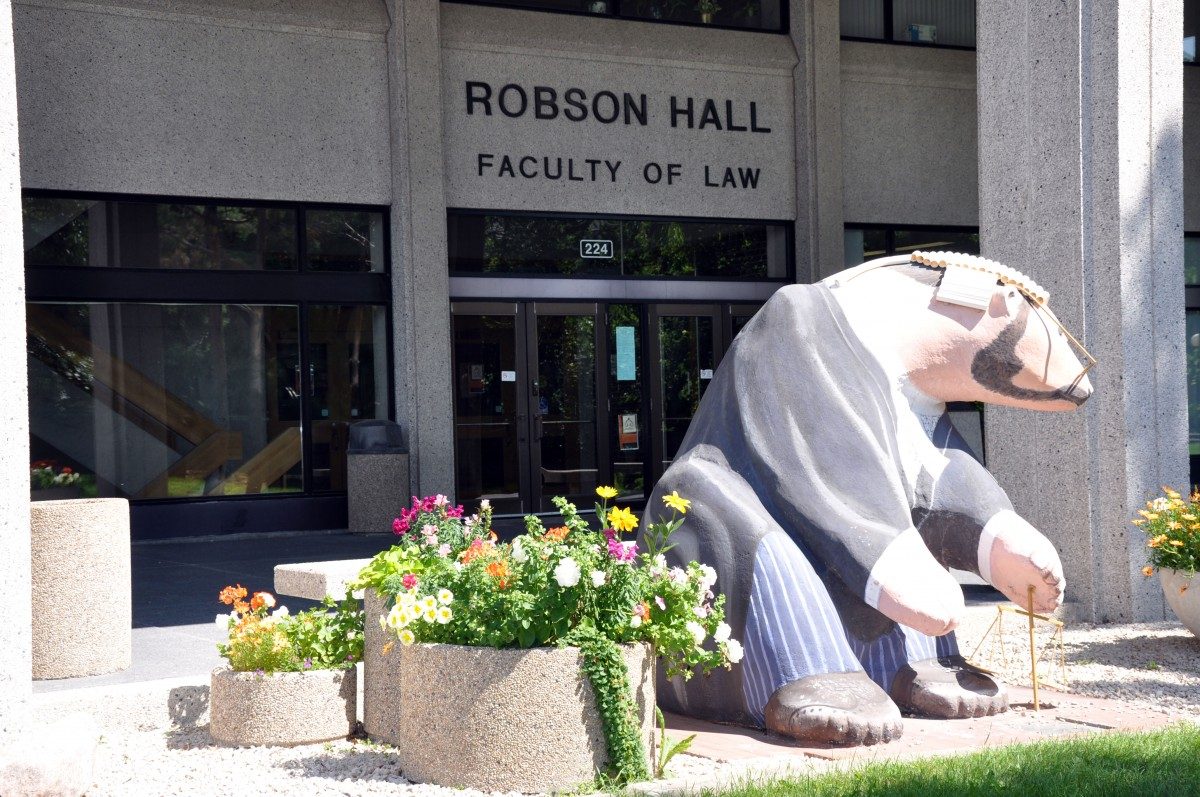
Faculty of Law receives support to offer classes in both official languages
Canadians expect that language should not be a barrier to accessing justice, and now thanks to support from the Government of Canada, the University of Manitoba’s Faculty of Law can offer legal education to French-speaking and English-speaking minority communities.
On June 5, the Honourable David Lametti, Minister of Justice and Attorney General of Canada, announced the Government of Canada is supporting the development of a common law certificate in French at the University of Manitoba. The Department of Justice Canada is providing $768,372 in funding over four years (2018/19 to 2021/22) through its Access to Justice in Both Official Languages Support Fund.
“I am very excited that Justice Canada has agreed to fund our program. Being able to offer French-language legal education is a great development for us to train our students to practice law in both official languages,” says Jonathan Black-Branch, Dean of Robson Hall, Faculty of Law. “This is critical to improving access to justice for Manitobans. I am heartened with the dedication of Dr. Lorna Turnbull and Dr. Gerald Heckman to this important project. We have worked very hard to make it happen and are most appreciative of Justice Canada’s commitment to improving access to justice in both official languages.”
With this funding, the University of Manitoba will also conduct activities related to the assessment and certification of the language proficiency of students, and undertake activities to improve the capacity of justice stakeholders in Manitoba to offer services in both official languages.
Robson Hall, Faculty of Law at the University of Manitoba, is one of the oldest law schools in Western Canada. By offering this common law certificate in French, it will increase the capacity of those working in the justice system to offer justice services and information in both official languages, and allow people to pursue an education in the official language of their choice.
The program’s objective is to enable bilingual students and those with advanced French to enhance their written and oral French-language proficiency and their knowledge of French common law legal terminology, as well as to acquire skills in advocacy and negotiation. Students will also be exposed to substantive areas of law for which there is an acute need for French-language services, including criminal law and family law.






